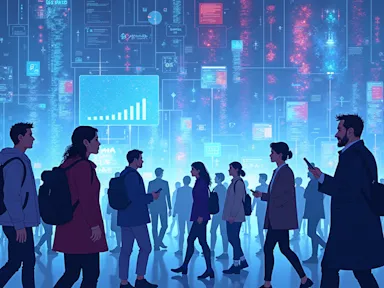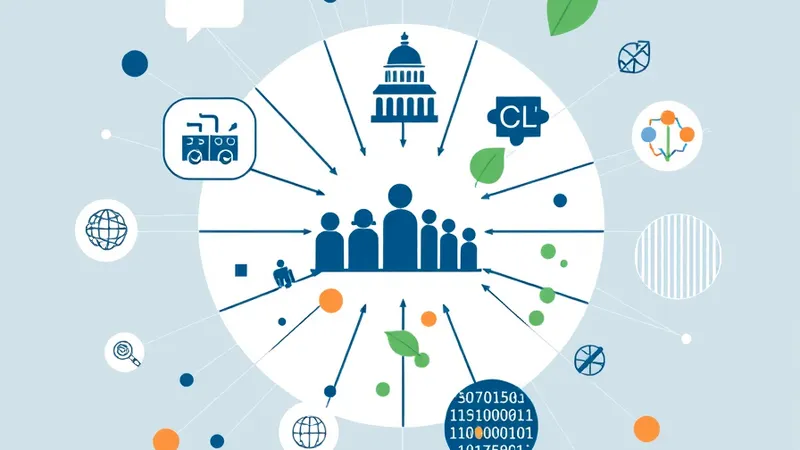The SCOPE (Societal COmmunication in times of PErmacrisis) potential area focuses on the examination of how profound and enduring crises, referred to as "permacrises," impact citizens' information behavior, social coexistence, and political decision-making processes, using climate change and migration movements as illustrative examples. Information attention and processing play a central role in addressing permacrises. While traditional journalism has been a primary source, the spotlight is now shifting towards the internet and social media, particularly for population groups skeptical of conventional journalism. Previous social and behavioral science research on crisis management has primarily relied on disciplinary case studies, with limited interdisciplinary and comparative approaches.
To bridge this research gap, the proposed potential area at RPTU seeks to analyze crises from interdisciplinary perspectives encompassing communication and political science, psychology, sociology, environmental science, and computer science.

The consortium comprises 22 scientists, including 7 professors, 5 junior professors, and 10 postdocs. They delve into questions such as:
- How do different actors strategically communicate specific aspects of the crisis, such as scientific evidence on climate change or the causes and consequences of migration?
- To what extent do individuals who reject traditional journalistic formats access relevant information for comprehending crises? Which population groups are particularly susceptible to misinformation and conspiracy theories?
- What are the effects of this information behavior, such as loss of trust and polarization?
- Can media education and targeted interventions improve attitudes towards social elites and other population groups, thus strengthening social cohesion and support for the democratic system?
The interdisciplinary collaboration on this topic contributes to the further profile development of RPTU in the areas of "Sustainable Development" and "Social and Digital Transformations." Notably, the partnership with the Department of Computer Science assumes significance as it provides access to expertise in Computational Social Sciences (CSS) for the Landau campus for the first time.
To bridge this research gap, the proposed potential area at RPTU seeks to analyze crises from interdisciplinary perspectives encompassing communication and political science, psychology, sociology, environmental science, and computer science.

Interdisciplinary
Combining several disciplines, including communication and political science, psychology, sociology, environmental science, and computer science, to comprehensively analyze the impact of permacrises.

Innovation
Leveraging the latest advancements in Computational Social Sciences (CSS) through a strategic partnership with the Department of Computer Science enables more advanced analysis and deeper insights into crisis communication and behavior.

Resilience
Focusing on how different actors communicate crisis aspects, the susceptibility of certain groups to misinformation, and the potential of media education and interventions to improve trust, social cohesion, and support for democracy.